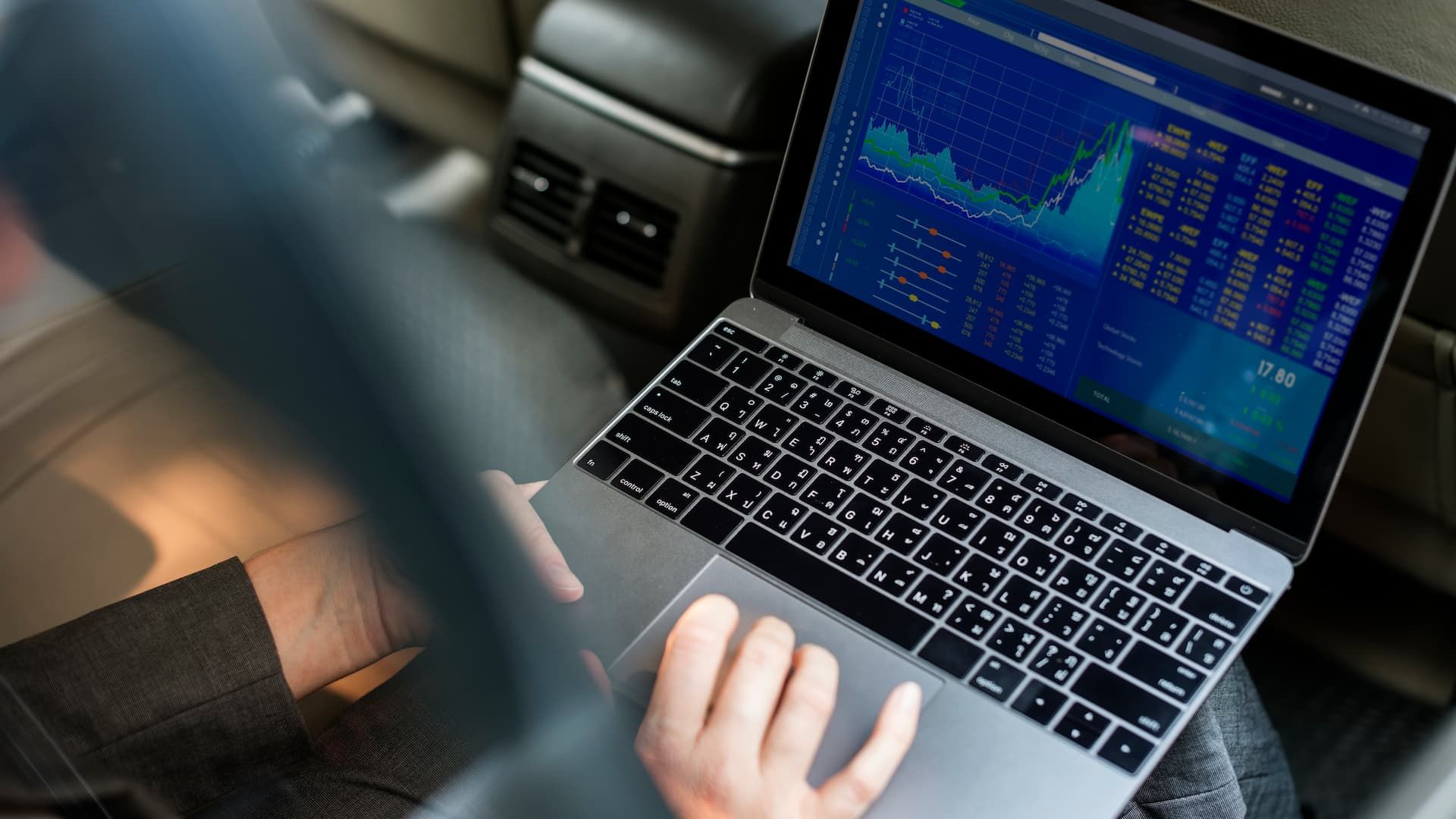Risks and Benefits of Trading Futures
Futures trading offers both opportunities and risks for participants in financial markets. Understanding these factors is crucial for traders and investors looking to utilize futures contracts effectively.

Risks and Benefits of Trading Futures
Futures trading offers both opportunities and risks for participants in financial markets. Understanding these factors is crucial for traders and investors looking to utilize futures contracts effectively. Learn how hedging with futures contracts can protect against price fluctuations. Discover the risks and benefits of futures trading, including volatility and leverage.
Benefits of Trading Futures
1. Hedging Against Price Fluctuations
Futures contracts are essential tools for hedging, providing businesses and investors with a mechanism to protect against adverse price movements in commodities, currencies, and financial instruments. By entering into futures contracts, participants can lock in prices and thus reduce the impact of price volatility on their operations or investment portfolios.
-
Example: A farmer expecting to harvest a large crop might fear a decline in crop prices before he can bring his goods to market. To hedge against this risk, he can sell futures contracts that lock in a selling price. Even if the market price drops, the futures contract guarantees him the price specified in the contract, thus stabilizing his revenue.
-
Those interested in exploring more about commodity and financial futures can visit our commodity futures and financial futures pages.
2. Speculation and Potential Profits
Futures trading provides an avenue for speculators to profit from predicted price movements. Using leverage, traders can open large positions with a relatively small amount of capital, potentially magnifying their profits. This ability to control large market exposure with minimal investment is a significant draw for speculative traders.
-
Example: Suppose a trader expects a significant increase in oil prices due to escalating geopolitical tensions. He could buy crude oil futures at the current lower price. If his prediction is correct and prices rise, he can sell the futures at a higher price, reaping substantial profits.
-
For more information on the financial instruments available for futures trading, check out our financial instruments page.
3. Price Discovery and Transparency
Futures markets play a crucial role in price discovery, reflecting the collective sentiment and expectations of market participants about future price movements. The continuous flow of information and transactions in futures markets helps establish transparent pricing, which can be used as benchmarks for spot markets.
- To learn more about indices and currency futures available for trading, you can explore our indices and currency futures sections.
4. Liquidity and Accessibility
Futures markets are known for their high liquidity, which allows traders to enter and exit positions with ease. This liquidity ensures that there is always a buyer or seller available, facilitating efficient trade execution. Additionally, the standardized nature of futures contracts makes them accessible to a broad range of participants.
- Access futures trading through platforms like Webtrader and MetaTrader 5, which offer comprehensive tools for traders.
Risks of Trading Futures
1. Price Volatility and Market Risk
While price volatility presents opportunities for profit, it also poses significant risks. Futures markets can experience sharp and sudden price movements, leading to substantial gains or losses. The use of leverage amplifies these risks, potentially resulting in financial exposure that exceeds the initial investment.
- It’s important to understand the impact of market volatility on futures trading, which you can learn more about in our market basics section.
2. Leverage and Margin Calls
Leverage is a double-edged sword in futures trading. While it allows traders to control large positions with a small amount of capital, it also increases the potential for significant losses. If the market moves against a trader’s position, they may receive a margin call, requiring them to deposit additional funds to maintain their position.
- For a deeper understanding of margin trading and its implications, our CFD trading page provides valuable insights.
3. Counterparty and Default Risk
Futures contracts are obligations between parties, typically mediated by a clearinghouse. Although the clearinghouse mitigates default risk, it is not entirely eliminated. There remains a possibility that one party might default on its obligations, leading to potential financial losses or legal complications.
- Understanding the importance of risk management strategies in futures trading is crucial. Our trading tools page offers more information on managing these risks.
4. Regulatory and Legal Risks
The futures market is subject to extensive regulation to ensure fairness and transparency. However, changes in regulations or legal interpretations can affect trading conditions and the enforceability of contracts. Traders must stay informed about regulatory changes to mitigate these risks.
- Staying updated on the regulatory environment is important, and you can find the latest information in our regulation center.
Conclusion
Trading futures offers a range of opportunities for hedging and speculation in global financial markets. However, these benefits come with inherent risks, including price volatility, leverage exposure, and counterparty risks. Traders and investors must assess their risk tolerance and adopt appropriate strategies to navigate the complexities of futures trading effectively. Understanding the full spectrum of risks and benefits is crucial to leveraging the advantages of futures trading while mitigating potential downsides.
TAGS
Latest Education Articles
Show more
Earnings Reports and Equity CFDs

Trend vs. Range Strategies

Trading Breakouts vs. Pullbacks

Hedging Basics for Intermediate Traders
Take your trading to the next level.
Join the broker built for global success in just 3 easy steps. A seamless experience built for traders who value speed and simplicity.

Create Your Account

Make Your First deposit
